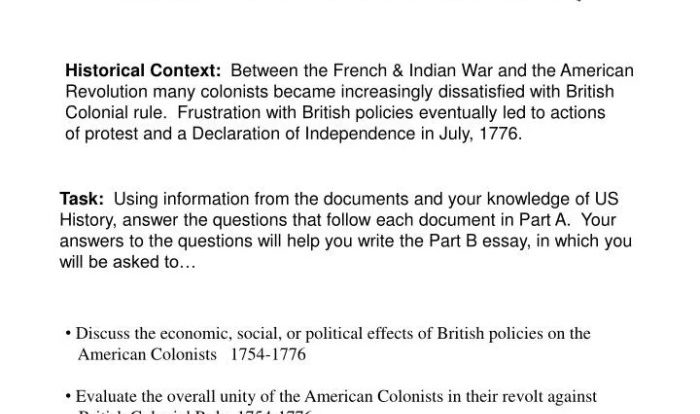Embark on a voyage of discovery with our comprehensive Age of Exploration Crossword Answer Key. As we delve into this captivating era, we unravel the motivations, achievements, and lasting impacts of European explorers who reshaped the world map and expanded human knowledge.
From the daring voyages of Christopher Columbus to the groundbreaking circumnavigation of Ferdinand Magellan, this crossword answer key serves as a guide to the key players, their expeditions, and the profound consequences of their explorations.
Age of Exploration: Age Of Exploration Crossword Answer Key
The Age of Exploration, spanning from the 15th to the 17th centuries, marked a pivotal era in human history characterized by extensive maritime exploration and the discovery of new lands and sea routes.
Historical Overview
Motivated by a thirst for wealth, spices, and a desire to spread Christianity, European explorers embarked on perilous voyages to uncharted territories. The Age of Exploration revolutionized global trade, expanded knowledge, and shaped the geopolitical landscape.
Key Explorers and Discoveries, Age of exploration crossword answer key
| Explorer | Nationality | Period | Major Discoveries |
|---|---|---|---|
| Christopher Columbus | Italy | 1492-1504 | Explored the Americas, believed to have discovered the New World |
| Vasco da Gama | Portugal | 1497-1499 | First to sail around the Cape of Good Hope, opening a sea route to India |
| Ferdinand Magellan | Portugal/Spain | 1519-1522 | Led the first expedition to circumnavigate the globe |
Technological Advancements
The Age of Exploration was fueled by technological advancements in shipbuilding, navigation, and cartography. New ship designs, such as the caravel and galleon, enabled explorers to sail farther and more efficiently. Innovations in navigation, including the astrolabe and compass, allowed for more precise charting of courses.
Impact on World Geography
The discoveries of the Age of Exploration transformed the world map and expanded the known world. Explorers mapped new continents, oceans, and islands, redefining the boundaries of human knowledge. These discoveries had a profound impact on indigenous populations and led to the spread of European influence.
Cultural Exchange and Legacy
The Age of Exploration facilitated cultural exchange between Europeans and the peoples they encountered. Explorers brought back new ideas, technologies, and goods, while indigenous cultures introduced Europeans to new crops, medicines, and artistic forms. The Age of Exploration left a lasting legacy on global culture and knowledge, shaping the development of science, technology, and art.
FAQ Explained
What were the primary motivations for European exploration during the Age of Exploration?
Economic gain, religious zeal, and the pursuit of knowledge drove European explorers to embark on their perilous journeys.
Who is credited with discovering the Americas?
Christopher Columbus, an Italian explorer sailing under the Spanish flag, is widely credited with discovering the Americas in 1492.
What was the significance of the Treaty of Tordesillas?
The Treaty of Tordesillas, signed in 1494, divided the non-European world between Spain and Portugal, shaping the geopolitical landscape of the Age of Exploration.
